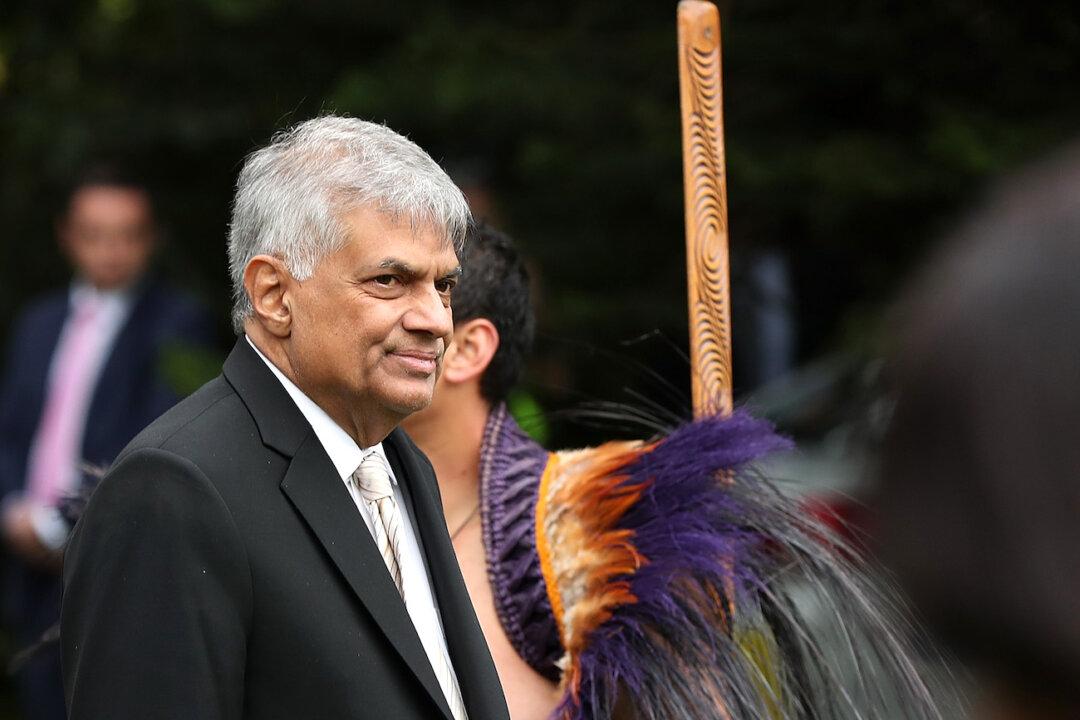Sri Lanka’s Parliament has elected Ranil Wickremesinghe as the country’s new president, despite his growing unpopularity among anti-government protesters who viewed him as an ally of his predecessor.
He secured 134 of the total 219 votes in the Parliament, defeating his rival, ruling party lawmaker Dullas Alahapperuma, who collected 82 votes. Leftist leader Anura Kumara Dissanayake got three votes, Colombo Page reported. Opposition leader Sajith Premadasa withdrew his candidacy to support Alahapperuma.





